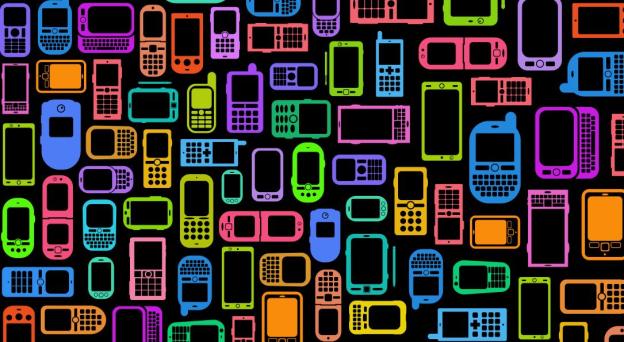 For many people, there are few things worse than losing a mobile phone. The inconvenience, the loss of important contact details and the sudden feeling of isolation can leave many people on the verge of breaking into a cold sweat.
For many people, there are few things worse than losing a mobile phone. The inconvenience, the loss of important contact details and the sudden feeling of isolation can leave many people on the verge of breaking into a cold sweat.
But lose them we do. And lots of them, according to the results of a new industry report. In fact, in the US alone, around $30 billion worth of mobile phones were lost in 2011.
The report, compiled by mobile security firm Lookout, found that on average US consumers lose their handset about once a year. It based its results on the analysis of over 15 million users.
The report broke down its results by city, revealing that the people of Philadelphia were the most likely to lose their device. Seattle was next, followed by Oakland, Long Beach, Newark, Detroit, Cleveland, Baltimore, New York and Boston.
Philadelphia residents were twice as likely to lose their mobile than New York City dwellers, while those in San Francisco and New York lose their phones three times more than residents of Chicago.
The report’s findings also showed the locations where people are most likely to misplace their device, with coffee shops, bars and offices at the top of the list.
In Chicago, the report said, the third most common place for a phone to be lost was in a church, while in New York City, the top place was in a fast food restaurant.
Apparently it’s late at night when we need to be most vigilant, with the highest number of mobiles going missing between the hours of 9pm and 2am. No doubt the ol’ firewater plays a part in some of those phones slipping out of sight.
Lookout has created an interactive website — Mobile Lost & Found — to show its findings. The website displays statistics for other countries besides the US and also gives more information about its methodology.
Don’t forget, if you do happen to lose your phone, you can increase the chances of locating it by making sure you have the Find My iPhone app set up (for iPhone users, obviously); Android users, on the other hand, can use Where’s My Droid.
[Image: Reno Martin / Shutterstock]
Editors' Recommendations
- Best cell phone plan deals: T-Mobile, AT&T, Verizon, Mint Mobile and more
- More than 5 billion mobile phones to become waste this year
- Apple sold a whopping $48 billion worth of iPhones in just three months
- Amex adds phone damage protection to cards, covering up to $1,600 per year
- Leak reveals the screen sizes for this year’s new iPhone 12 models


